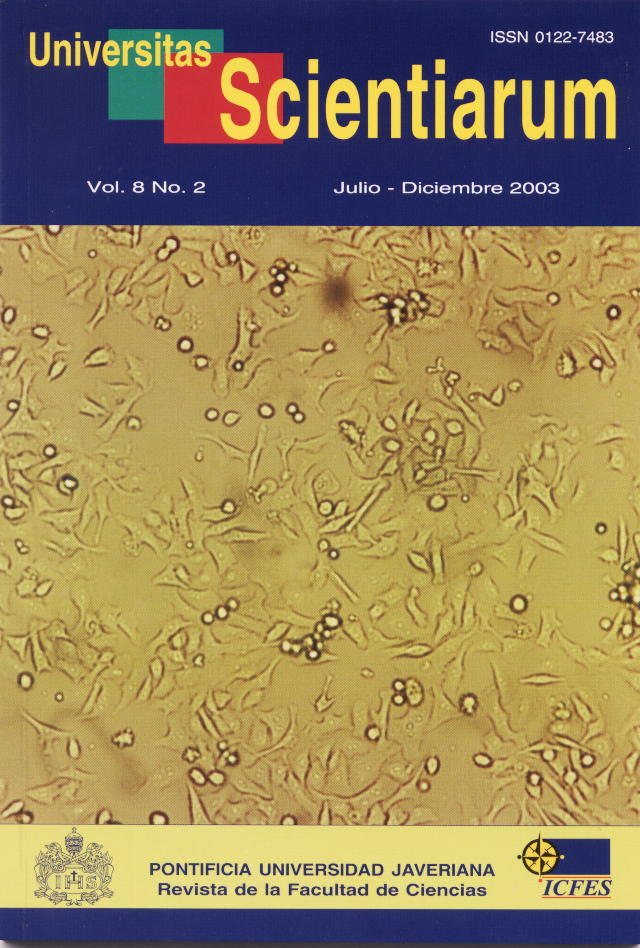Abstract
The aim of enzyme reemplacement therapy (ERT), is to provide a foreign protein to a patient who is producing it abnormally. The protein to be used may be purified from human fluids or tissues and from bacteria, yeast or mammalian cells in which the corresponding human gene has been introduced. Up to now three diseases are currently being treated worldwide with ERT, Gaucher, Fabry and the combined severe human immunodeficiency. Advanced studies are in progress for the following diseases Hurler, Hunter, Pompe, Niemann-Pick B type, Morquio A, hereditary angioderma and penfigo vulgar. One of the problems of using ERT is the its high costs, due to both the low number of patients affected world-wide and the very expensive procedures required to obtain protein expression in mammalian cells. To overcome these problems there are two possible alternatives: expression in bacteria or in yeast, however bacteria do not glycosylate proteins and most of inborn errors of metabolism are caused by deficiency in glycosilated proteins (GP). Yeast glycosilate proteins, but they have different pattern of glycosylation from mammalianUniv. Sci. is registered under a Creative Commons Attribution 4.0 International Public License. Thus, this work may be reproduced, distributed, and publicly shared in digital format, as long as the names of the authors and Pontificia Universidad Javeriana are acknowledged. Others are allowed to quote, adapt, transform, auto-archive, republish, and create based on this material, for any purpose (even commercial ones), provided the authorship is duly acknowledged, a link to the original work is provided, and it is specified if changes have been made. Pontificia Universidad Javeriana does not hold the rights of published works and the authors are solely responsible for the contents of their works; they keep the moral, intellectual, privacy, and publicity rights. Approving the intervention of the work (review, copy-editing, translation, layout) and the following outreach, are granted through an use license and not through an assignment of rights. This means the journal and Pontificia Universidad Javeriana cannot be held responsible for any ethical malpractice by the authors. As a consequence of the protection granted by the use license, the journal is not required to publish recantations or modify information already published, unless the errata stems from the editorial management process. Publishing contents in this journal does not generate royalties for contributors.



